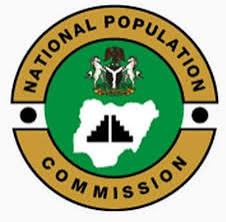
By John Joseph
Kindly share this news
The conduct of a census in Nigeria is a complex and contentious issue, deeply intertwined with the country’s revenue allocation system.
This intricate relationship has significant political implications, making the census a highly sensitive and disputed topic. The National Population Commission’s efforts to conduct a reliable and accurate census are often hindered by the politicization of the process. At the heart of the issue lies the revenue allocation formula, which is heavily influenced by population figures.
The federal government, states, and local governments receive a percentage of the revenue based on the population of each area. Therefore, an accurate census is crucial in determining the revenue allocation.
However, the process of conducting a census in Nigeria is often marred by controversy, with various stakeholders attempting to manipulate the numbers to their advantage.
This has led to a lack of trust in the census process, with many questioning the accuracy of the results.The 2023 census, which is set to be Nigeria’s first digital census, aims to address some of these concerns.
The National Population Commission has introduced new methodologies and technologies to improve the accuracy and efficiency of the census.
However, the success of the census will depend on the ability of the commission to navigate the complex political landscape and ensure that the process is transparent and credible.In conclusion, the census in Nigeria is a highly politicized issue, with significant implications for revenue allocation.
The National Population Commission’s efforts to conduct a reliable and accurate census are crucial in ensuring that the revenue allocation formula is fair and equitable. However, the success of the census will depend on the ability of the commission to navigate the complex political landscape and ensure that the process is transparent and credible.
Kindly share this news!!!